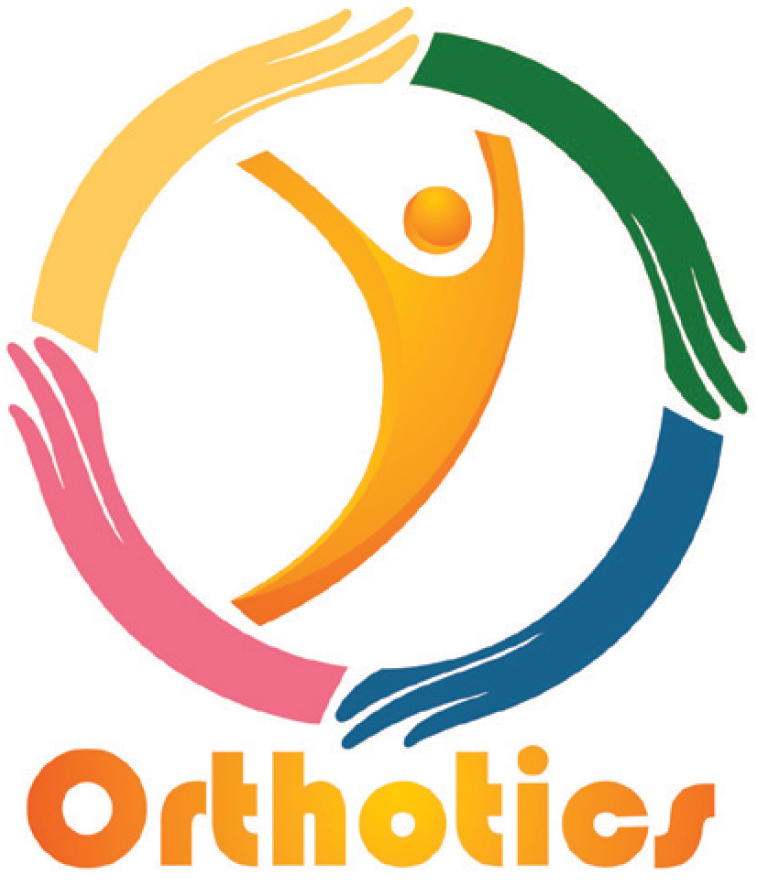The Podiatry Service offers an innovative and soundly governed Practice Based Learning (PrBL) programme. We utilize a blended learning provision which is centred on a Peer Assisted Learning (PAL) model. We aim to engage students in a programme of meaningful clinical thinking with the objective of maximising their capabilities and confidence within clinical decision making whilst delivering optimal person centred care.
Over the course of an academic year, we offer in excess of one thousand placement weeks. Placements are offered to both institutes in Scotland offering entry qualifications into Podiatry. There are currently two institutions offering Podiatry, Glasgow Caledonian University (GCU) and Queen Margaret University . Various options of study are available depending upon eligibility criteria being met.
As the primary PrBL provider for the GCU Podiatry programme, we host Level 1 to Level 4 students at the Department of Podiatry, Queen Elizabeth University Hospital (QEUH) throughout Trimester A and Trimester B which acts as our placement hub. Block placements occur during Trimester A, B and C within the single service seperate from our placement hub.
Additionally, as the need for PrBL placements for all AHP professions increase, we aim to explore new and innovative methods of offering cross-profession PrBL opportunities through both face-to-face and digital platforms.
The Podiatry Service works collaboratively with its academic colleagues ensuring alignment to learning outcomes with quality underpinning every placement hour.
We are keen to hear the voice of the student and their experience at the end of each placement. Using a student-based audit enables an understanding of what worked and what didn’t to inform changes to the PrBL programme.
Are you thinking about studying Podiatry and want to find out more? Consider joining our ‘Get Ready For’ programme.

